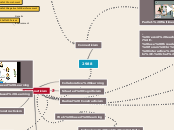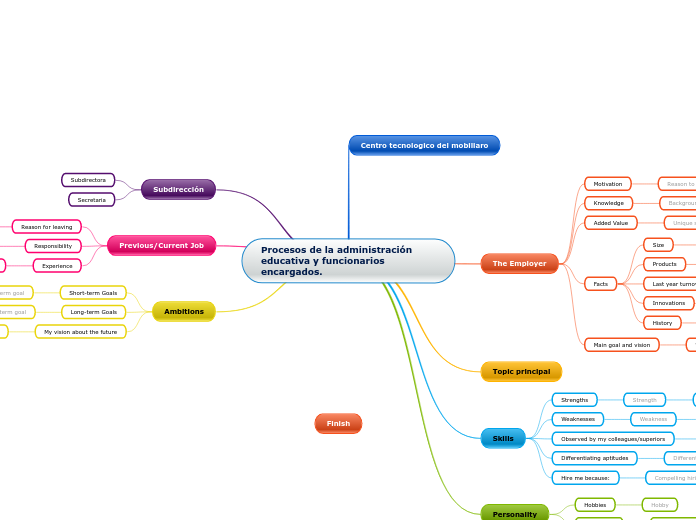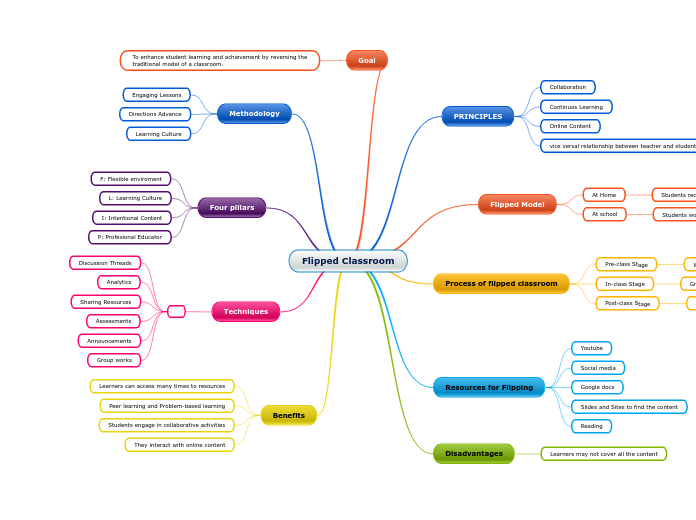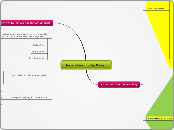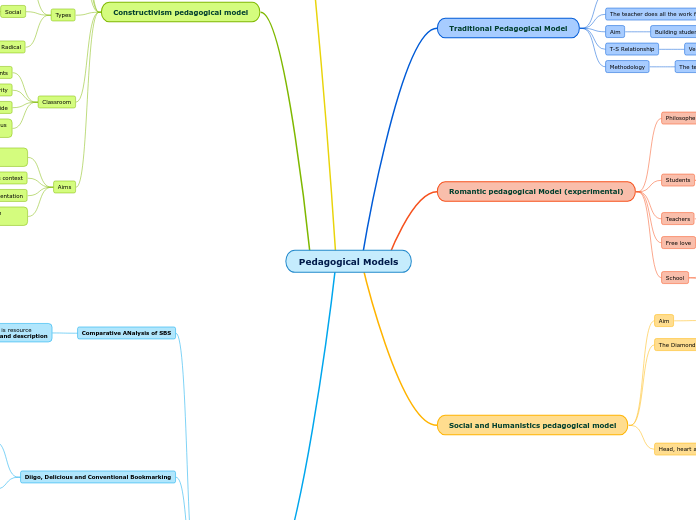a Hazel Mathoora 6 éve
418
Collaborative Mind Map
The process of learning is understood through various theories such as Constructivism, Cognitivism, and Behaviourism. Constructivism emphasizes the active role of learners in constructing their own understanding based on experiences, promoting methods like Project-Based Learning and self-directed learning.
